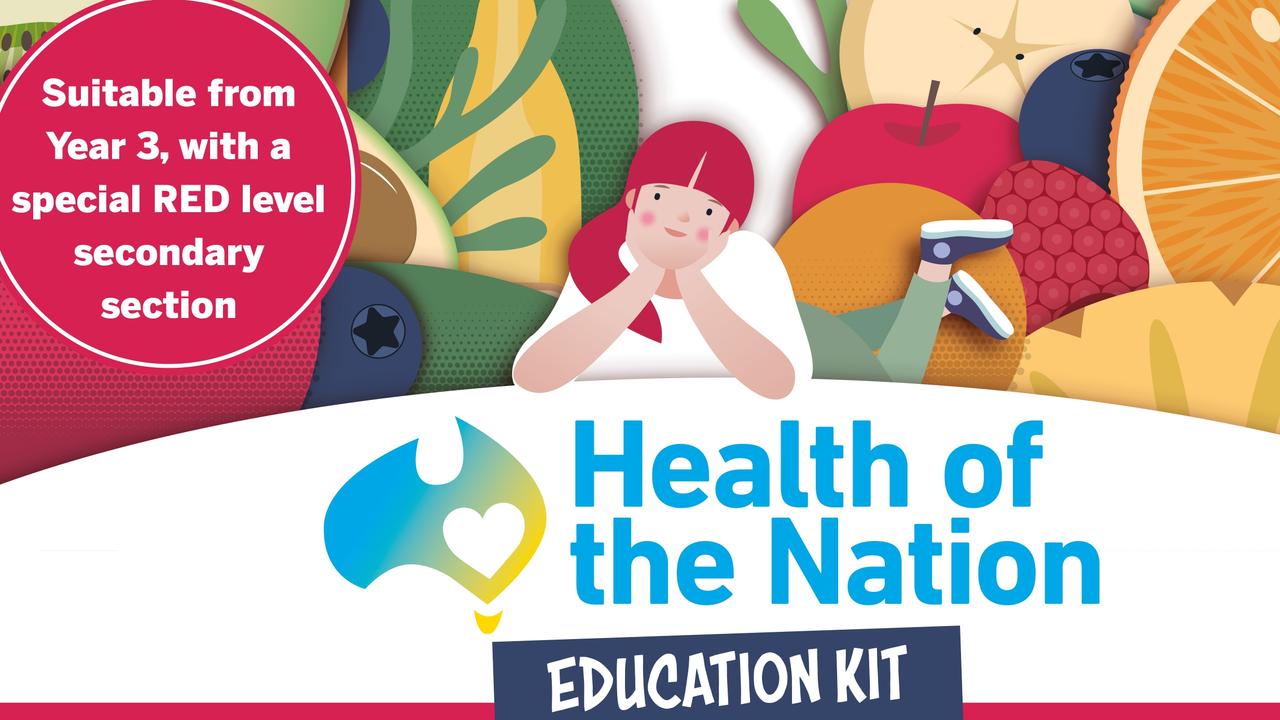Health of the Nation 2024: Understanding the risks of drugs and alcohol
Part 10: Teens experimenting with alcohol and drugs is not new, but we now know much more about the health dangers they pose to young minds and bodies. Here’s what you need to know
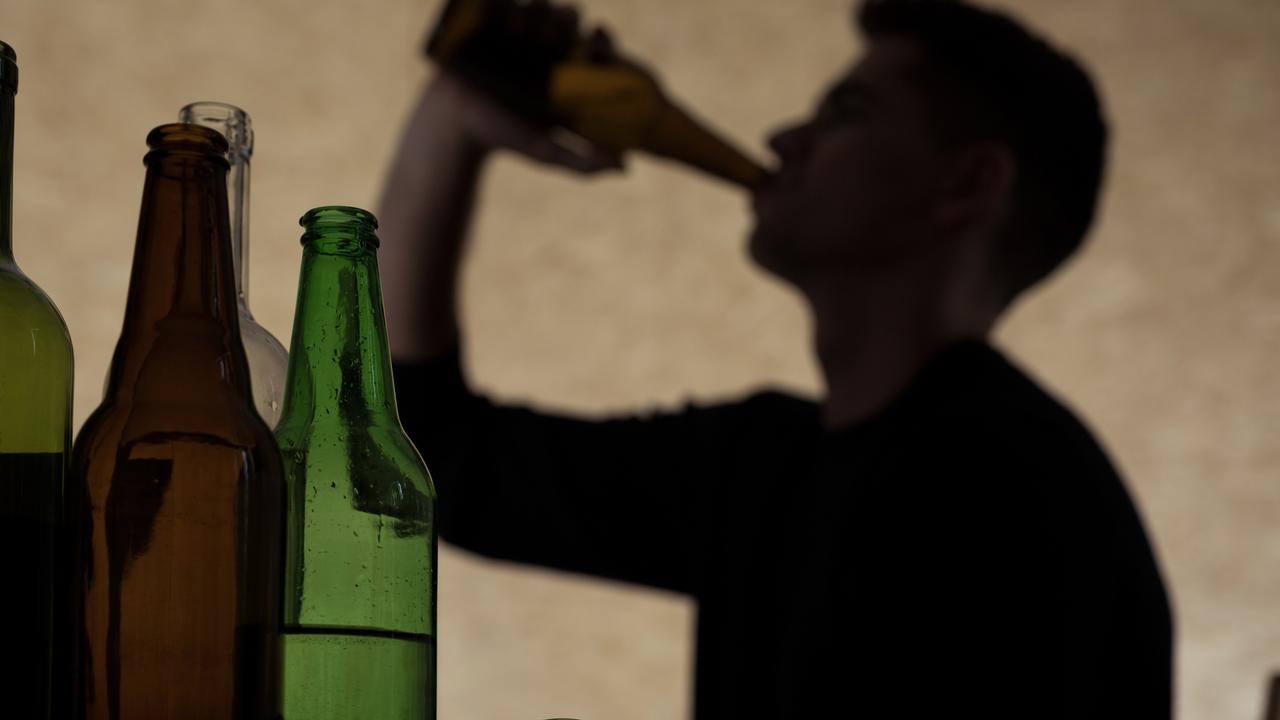
READING LEVEL: RED
While it is often shown differently in the media, findings from the most recent National Drug Strategy Household Survey show that most young people have never tried an illegal* drug or had a full serving of alcohol.
However, the 2022/23 survey still indicated that 19 per cent of young people aged 14–19 had engaged in the illegal use of drugs and the 2019 survey found 30 per cent drank alcohol at levels that put them at risk of harm at the time.

High-risk drinking means the amount of alcohol a person drinks increases the risk of an accident or injury.
“Some of the issues associated with young people when it comes to drugs and alcohol can be things like impacts on physical health, mental health impacts and sometimes behaviour that involves a high level of risk-taking,” said ReachOut clinical lead Linda Williams.
Some types of high-level risk-taking can include a person doing something they later regretted, along with other negative outcomes such as being the victim of an alcohol-related incident including verbal, sexual or physical assault.
WHAT ARE DRUGS, EXACTLY?
Drugs are substances that affect the way the body functions. In addition to alcohol, some commonly used but illegal drugs are cannabis, cocaine, ecstasy, heroin, hallucinogens* and methamphetamine.
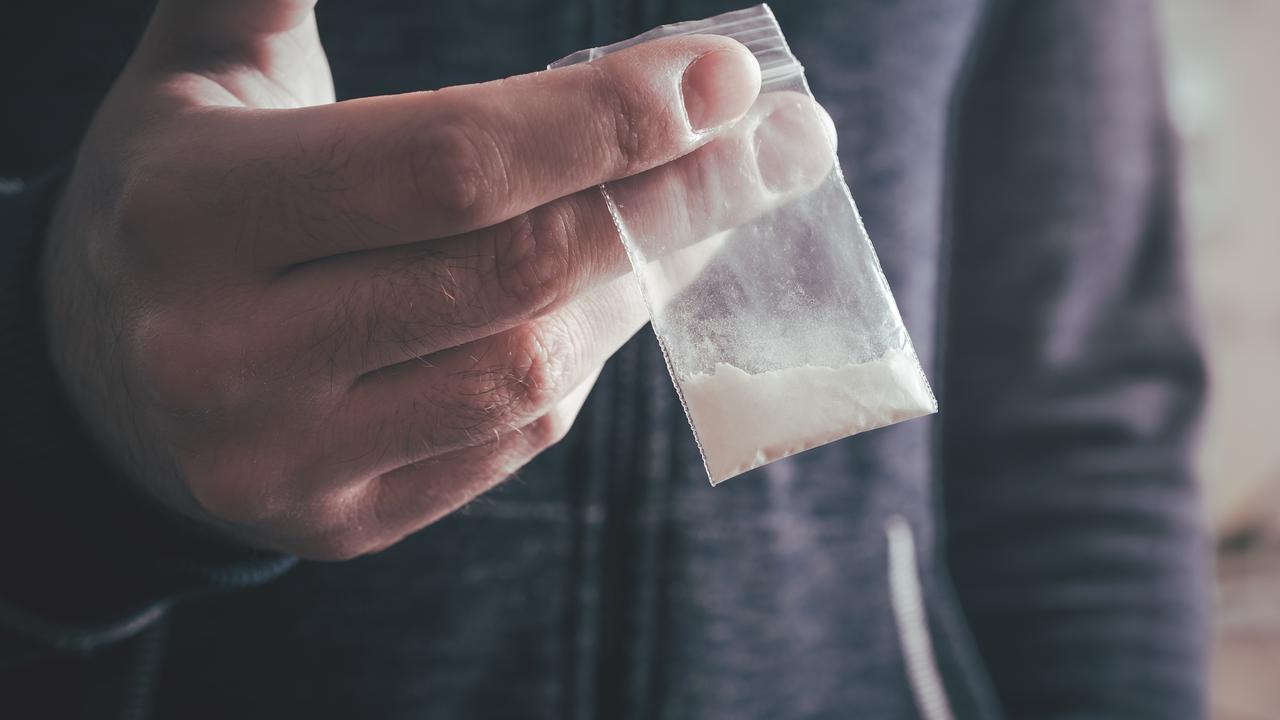
Different drugs have different effects on people and different factors can impact the experience of drug use including:
- The drug itself (what ingredients it has)
- The individual taking the drug (age, sex, physical and mental health)
- The environment in which it is being used.
There are a number of factors that could lead a young person to try alcohol or other drugs (including binge drinking, when you drink a lot of alcohol in one session), Ms Williams said.
“For example, they may have felt anxious and wanted a confidence boost or they may not have realised how much they were drinking and what impact it might have on them,” she said.
“There can also be outside influences which might cause a young person to use alcohol or drugs too, such as peer pressure, wanting to fit in or thinking that other people who were drinking looked like they were having fun.”
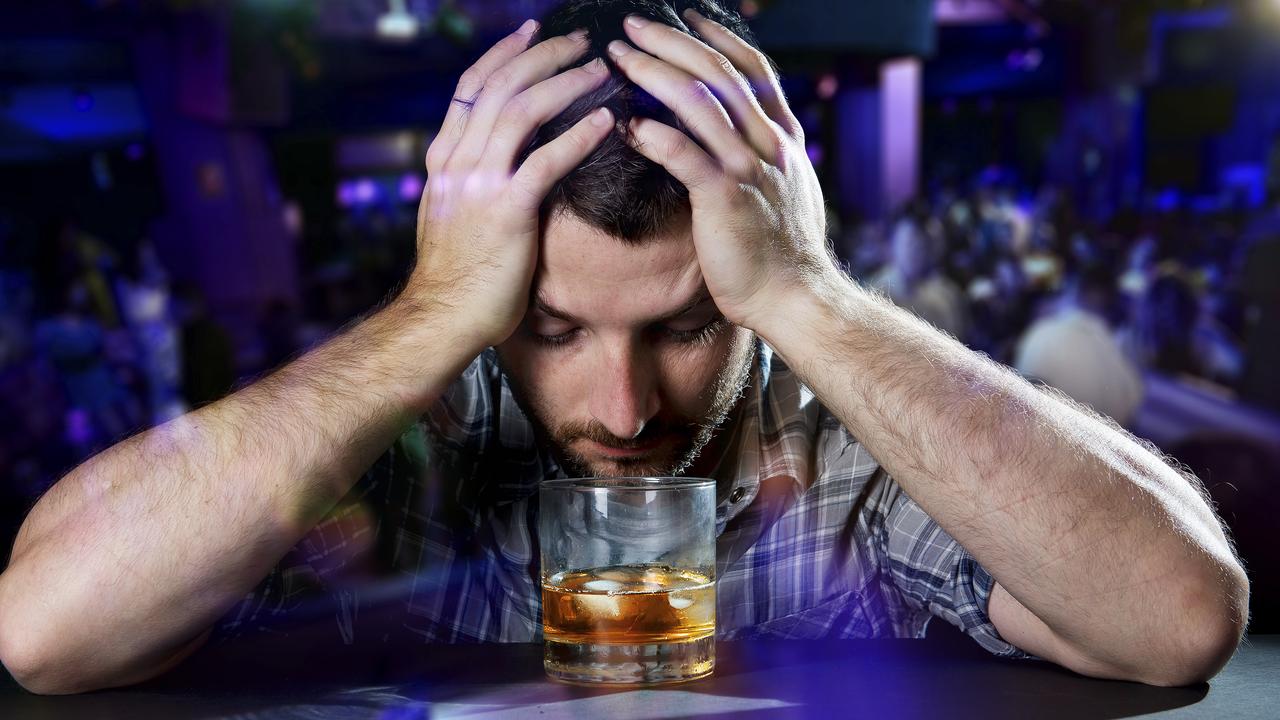
WHAT IS ALCOHOL?
Alcohol is created when grains, fruits, or vegetables are fermented. Fermentation is a process that uses yeast or bacteria to change the sugars in the food into alcohol.
When people drink alcohol, it’s absorbed into their bloodstream. From there, it affects the central nervous system (the brain and spinal cord), which controls virtually all body functions.
There are three main types of alcohol — wine, spirits, and beer. Certain alcoholic drinks contain more alcohol than others and can cause drunkenness and alcohol poisoning more quickly and in smaller amounts.
WHAT ARE THE HEALTH EFFECTS?
“Alcohol and other drugs can have a big impact on our mental health,” said Headspace national clinical adviser, Associate Professor Joshua Steicke.
“Because alcohol is a depressant*, it slows your body down and changes the chemical makeup in your brain,” he said.
The more alcohol is consumed, the greater the effect and the harm it can do.
“It can alter your mood, energy levels, sleeping patterns, concentration and memory. Alcohol reduces inhibitions* and impacts decision-making, which can lead to us making decisions that we wouldn’t normally make sober*,” he said.
Assoc Prof Steicke warned alcohol and drugs can be highly addictive.
“Once hooked, it can be really difficult to stop,” he said.

SIGNS OF PROBLEMS
Assoc Prof Steicke said there are signs that could indicate if you or a friend might have a problem with alcohol or drugs.
He said teenagers may need to consider cutting back on drinking if they are:
- Experiencing intense cravings to drink
- Noticing that they need to drink more to get the same effects
- Becoming very ill or experiencing strange symptoms when they stop drinking (known as a withdrawal)
- Or, that alcohol is causing more issues than it used to
Signs of a drug addiction can include:
- Taking dangerous risks
- Being dishonest with people in your life and avoiding people who don’t take drugs
- Some of the other impacts may include depression, anxiety and memory loss
“Importantly, this list is not exhaustive, and people might experience the impacts of a drinking problem in different ways,” said Ms Williams.
HOW TO LOOK AFTER YOURSELF
Young people can take steps to look after themselves and stay safe if they drink alcohol or take drugs.
“You and your friends should consider setting a limit and stick to it, prearranging how you’ll get home, avoiding drinking alone, eating before and while you’re drinking, avoiding mixing alcohol with other drugs (prescription or illegal),” said Assoc Prof Steicke.
And if young people do use drugs, it’s important to know the risks.
“It’s also important to know the signs of an overdose and to call an ambulance if you are concerned. You won’t get in trouble for calling for help,” he said.
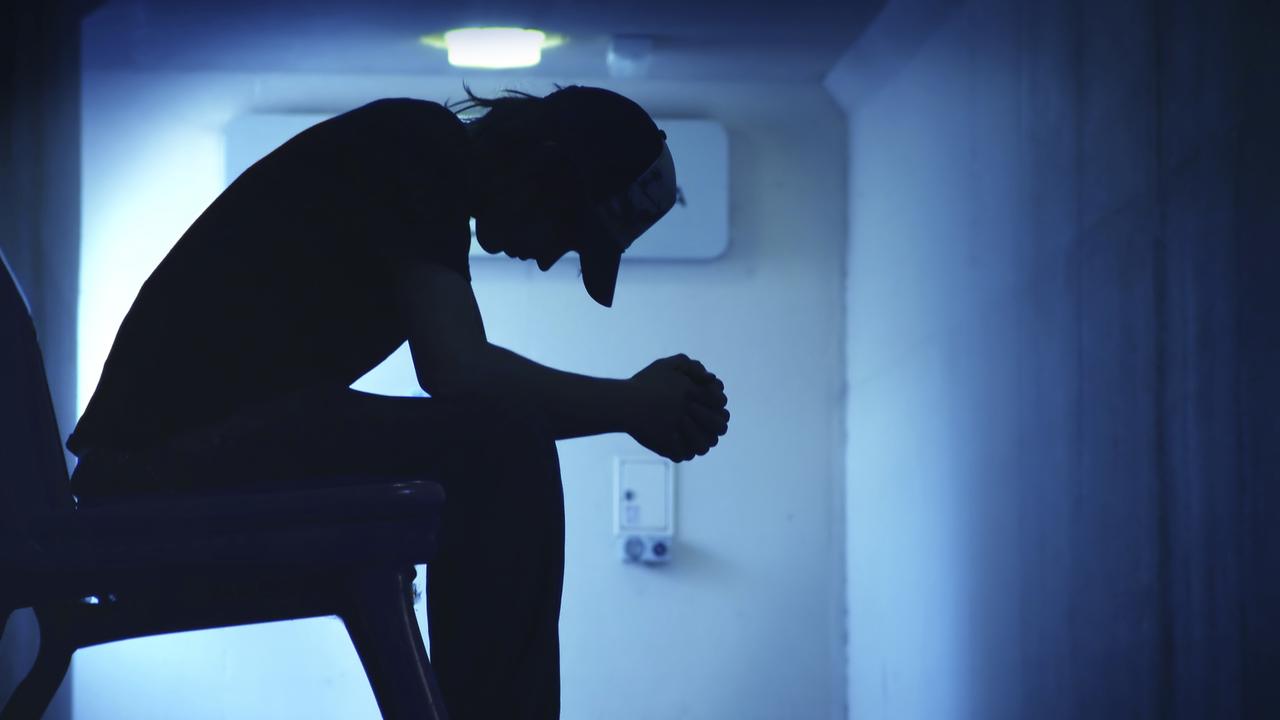
FIRST STEP TO STOPPING
If young people want to stop drinking alcohol or taking drugs, the first step is to recognise that drugs and/or alcohol are having a negative impact on their life and be willing to seek help.
“That can be something they realise themselves or sometimes someone in their life will raise the issue with them,” said Ms Williams.
Seeking help can come in many different forms. It’s often not easy but can make a real difference to a young person’s life, physical health and mental health too.
“Speaking to someone you trust can be a good place to start if seeking support feels overwhelming,” Ms Williams said. “That could be a parent or carer, someone at school like a teacher or school counsellor or another adult who you trust.”

HOW TO HELP A FRIEND
If you are worried about a friend when it comes to drug addiction or drinking, you might start by thinking about the signs you are seeing that are making you concerned.
These include:
- A change in their behaviour
- Signs that they are withdrawing from people in their life
- Neglecting their responsibilities
“These are just some of the signs and they will be different for everyone – noticing any significant change in someone can be a sign they need support,” said Ms Williams.
Once you are aware of the signs and your concerns for your friend, seeking support can be really important, rather than trying to support them on your own. Talking to someone you trust, such as a parent or carer or a teacher, can be a great first step.
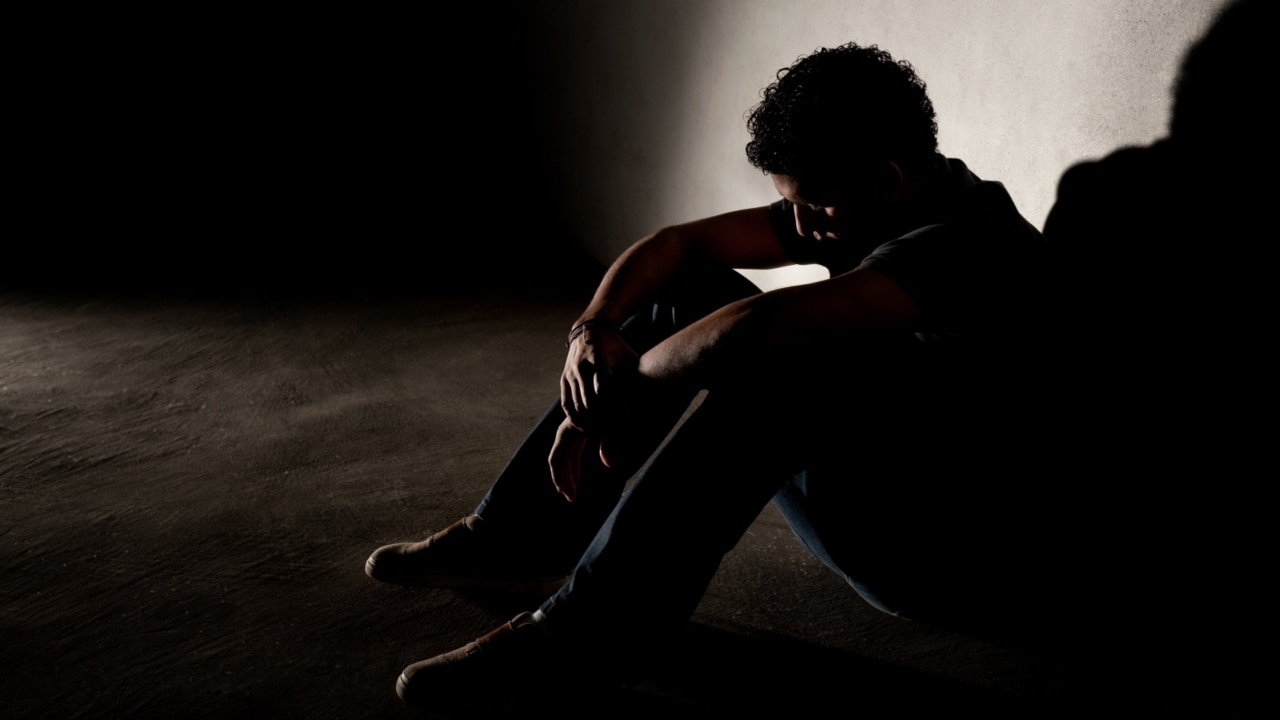
POLL
GLOSSARY
- illegal: against the law
- hallucinogens: a group of drugs that work on the brain to affect the senses – seeing, hearing, smelling, tasting or touching things that do not exist
- depressant: a drug that reduces the activity of bodily systems
- inhibitions: forces that prevent something from happening
- sober: not drunk on alcohol or intoxicated on drugs
QUICK QUIZ
1. What factors can impact the effect drugs may have on a person?
2. What impacts can alcohol have on your body?
3. Name the signs that someone may need support to cut back or quit alcohol or drugs.
4. What is binge drinking?
5. Being dishonest with people in your life and avoiding people who don’t take drugs could be a sign of what?
LISTEN TO THIS STORY
CLASSROOM ACTIVITIES
Kids News has produced a free Health of the Nation education kit full of classroom activities to support the information and expert advice in this series.
It has been crafted by one of our expert Kids News teachers and in 12 parts, it breaks down the steps needed for overall good health in children.
Sign up free to the Kids News weekly newsletter HERE to access the education kit plus more news and initiatives.
EXTRA READING:
Part 11: Social health and the importance of healthy friendships and relationships

